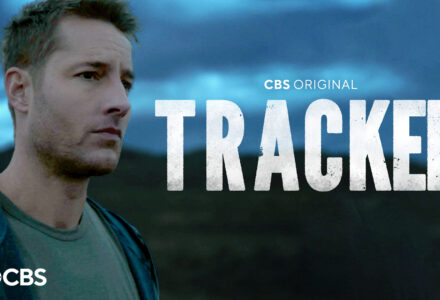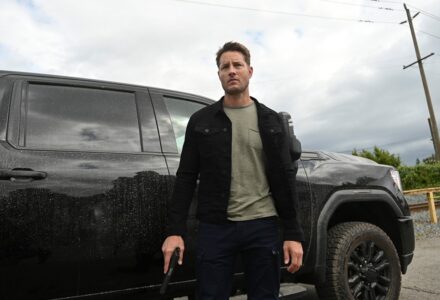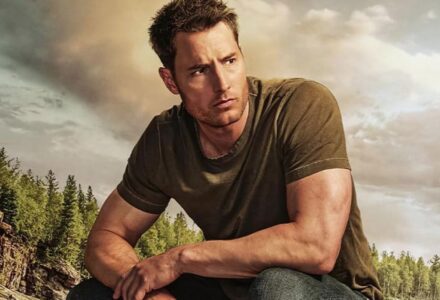When CBS first announced Tracker, many assumed it would be another formulaic procedural, a show about a man who solves cases week after week with a predictable rhythm. What no one predicted was just how quickly the series would capture the imagination of viewers, how Justin Hartley would redefine his career through it, and how the show would strike a cultural chord in ways far beyond the crime-of-the-week format.
From Family Drama to Lone Wolf Adventure
Justin Hartley was already a household name before Tracker debuted. His work on This Is Us cemented him as a television mainstay, giving him dramatic weight and emotional resonance in a show that valued vulnerability as much as performance. But Tracker offered Hartley something entirely different: a chance to play Colter Shaw, a lone-wolf survivalist who travels the country solving mysteries and finding missing persons, often by unconventional means.
Colter isn’t your average TV detective. He’s not a cop, not a private investigator, and not a superhero in disguise. He’s a reward seeker, a man who thrives in moral gray zones. His background as a survivalist makes him resourceful, rugged, and unpredictable—qualities Hartley leans into with surprising ease. Viewers quickly realized this wasn’t the same man who once played Kevin Pearson.
Why Colter Shaw Works
![]()
The heart of Tracker’s appeal lies in Colter himself. Unlike the stoic heroes of procedurals past, Colter is haunted. His complicated relationship with his late father, his fractured family, and his internal battles all bring texture to what could have been a one-dimensional role. Each episode hints at his trauma, often tied to the dangers of growing up under a survivalist father who blurred the line between preparation and paranoia.
Fans have embraced this layered complexity. Colter is equal parts hero and drifter, protector and cynic. When he rescues someone, it doesn’t come wrapped in neat morality; it comes with scars, consequences, and questions about who he really is when the adrenaline fades.
The Guest Star Effect
Part of Tracker’s success has been its knack for guest casting. Each new case brings in fresh faces, often recognizable actors who bring additional weight to standalone stories. This formula gives the show variety and freshness, making each episode feel cinematic in its scope. The result is a drama that combines the procedural tradition of The Fugitive or Quantum Leap with the emotional arcs of modern prestige television.
Hartley as Leading Man
Hartley isn’t just acting in Tracker—he’s producing it. That dual role has allowed him to shape Colter’s journey more personally, ensuring the show doesn’t devolve into cliché. His charisma anchors the series, giving viewers a reason to tune in week after week even when the cases themselves vary in scale and tone.
Industry insiders have noted how Hartley’s involvement behind the scenes has mirrored that of other actors who successfully made the leap from ensemble player to leading man. He has become the face of CBS’s primetime slate, a position once reserved for stalwarts like Mark Harmon (NCIS) or David Caruso (CSI: Miami).
The Cultural Resonance of Tracker
Beyond ratings, Tracker has tapped into something deeper. The show arrived during a moment when audiences crave stories about resilience, self-reliance, and identity. Colter Shaw embodies that tension between independence and connection—living off the grid, yet constantly pulled back into the lives of others through his work.
In a world dominated by interconnected digital networks, Colter’s analog survival skills feel refreshing, almost romantic. He represents a yearning for control in an uncontrollable world, a man who can read the stars, track footprints in the dirt, and build shelter from nothing but instinct and willpower.
What’s Next for Colter Shaw
As Tracker heads into its third season, fans are asking bigger questions about Colter’s arc. Will the show continue to lean into the mystery of his family? How far can it push the tension between his solitary lifestyle and his budding relationships? And perhaps most importantly, how long before his luck—and his relentless pursuit of answers—finally runs out?
One thing seems certain: Tracker has solidified itself as more than just another network drama. It’s a rare blend of adventure, character study, and good old-fashioned storytelling. And at the center of it all is Justin Hartley, who has proven that sometimes, the best role comes when you least expect it.






